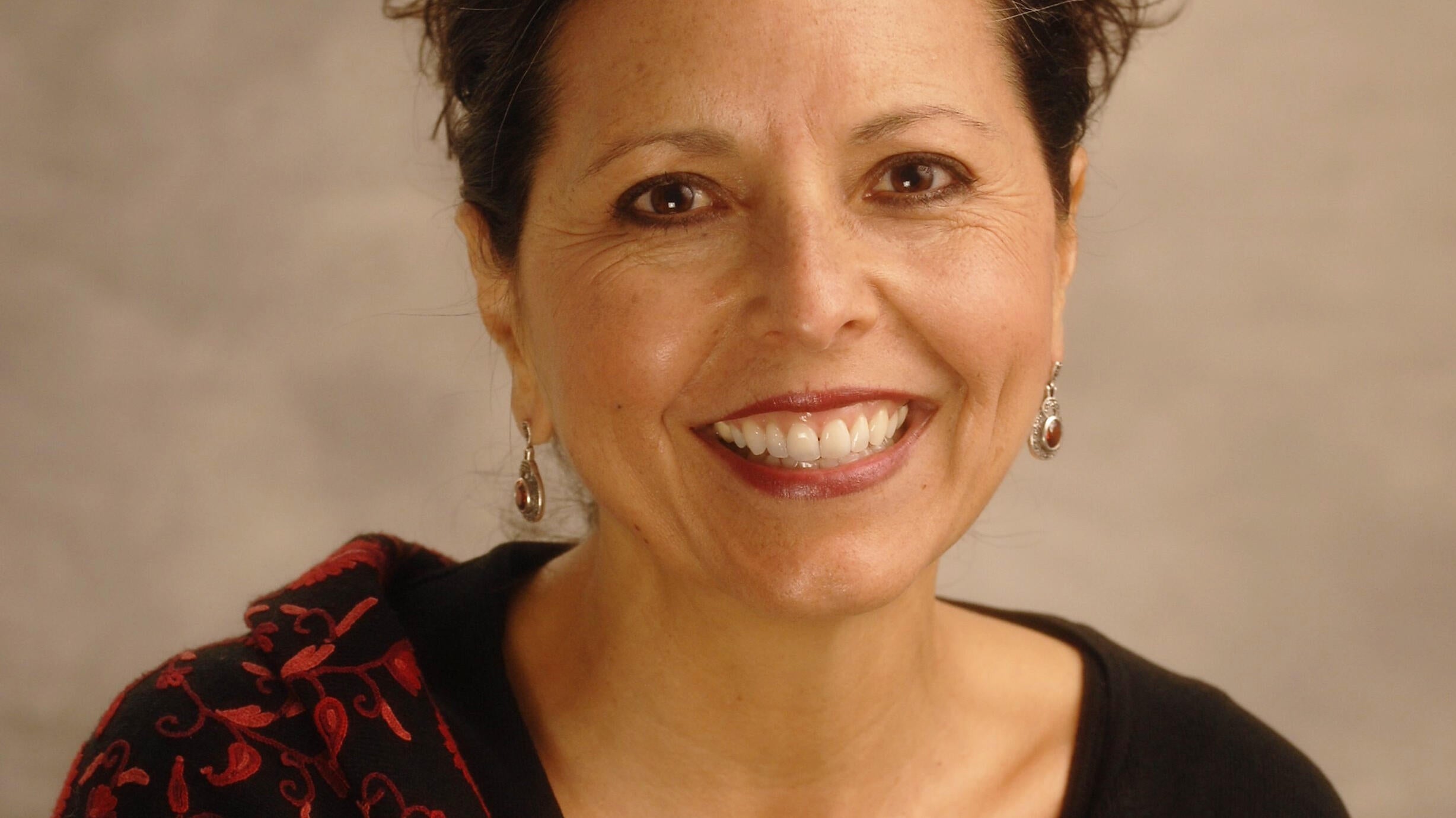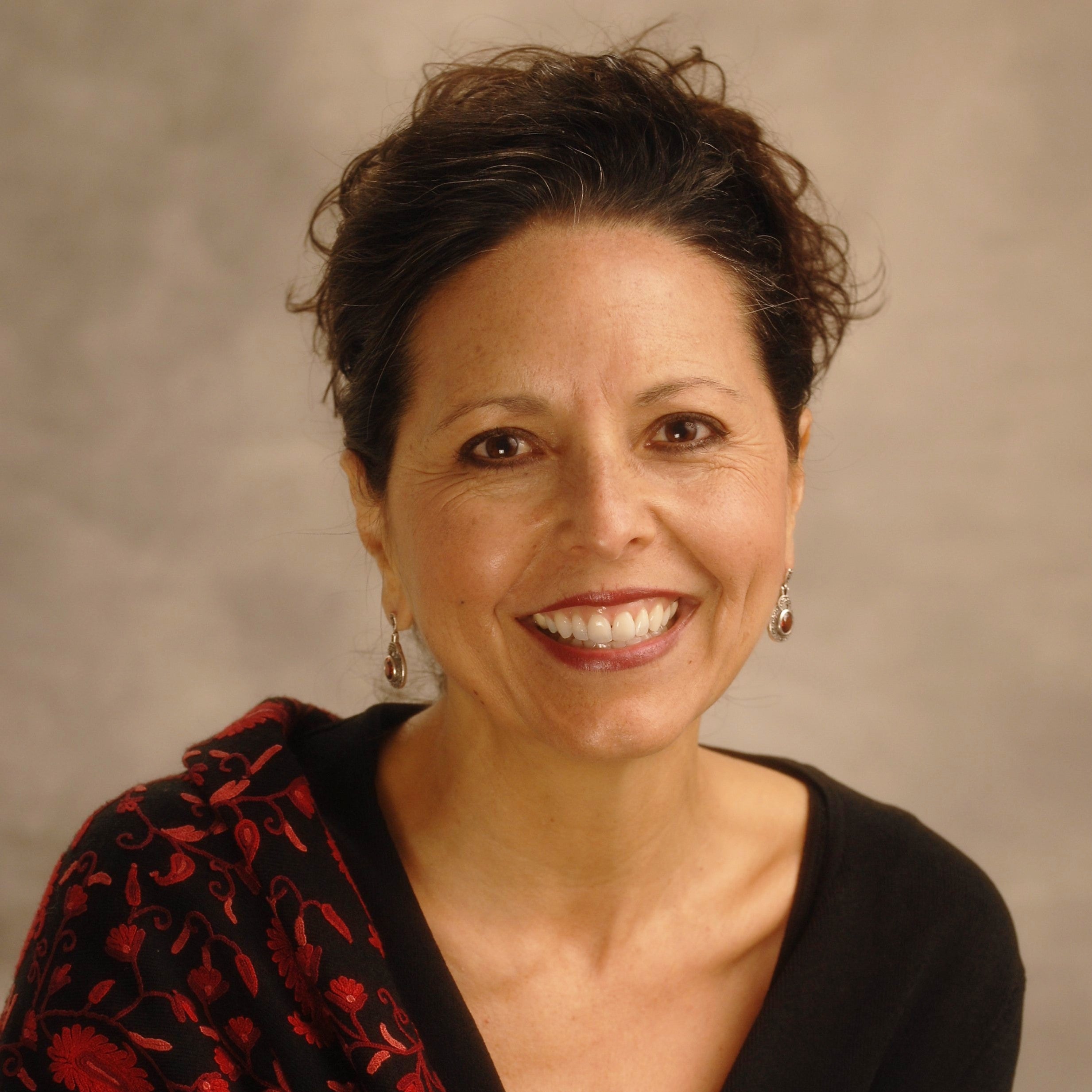
Santa Clara Judge to Lead New Statewide Juvenile Justice Effort
In Brief: Judge Katherine Lucero 
• Incoming Director, Office of Youth and Community Restoration
• 20 years as a Santa Clara County Superior Court judge
• Launched collaborative courts such as Family Treatment Court (assists parents with substance abuse interfering with custody or visitation); Family Wellness Court (supports drug exposed infants and toddlers); and Teen Court (specializing in therapeutic approaches for teenagers in dependency court)
This month, Santa Clara County Judge Katherine Lucero will step down from the bench to head a new Office of Community and Youth Restoration, as California continues an overhaul of its juvenile justice system that will shutter state youth prisons in favor of providing rehabilitation services closer to home.
Senate Bill 823 created this state-level youth justice agency, which operates within the Department of Health and Human Services instead of the Department of Corrections.
We spoke with Judge Lucero about California’s major shift in juvenile justice, her two decades as a judge, and how her own traumatic childhood led her to start collaborative courts that address root causes of family crisis and crime.
Q: What should Californians know about Senate Bill 823?
Judge Lucero: In a nutshell, this new legislation closed our statewide youth prison system and mandated counties keep their highest-need youth as close to home as possible.
Evidence has demonstrated that youth in the justice system who stay close to home are more connected to their families, have lower recidivism rates, and are more prepared for the transition back to their community.
Q: How has California’s overall approach to juvenile justice changed in recent years?
Judge Lucero: We have a lot of science that we didn’t have 10 or 15 years ago about adolescent brain development, and how the time between the ages of 13 to 25 is a time of great brain growth and learning.
What we’re seeing in this legislation—placing the juvenile rehabilitation structure under California’s Department of Health and Human services, for example—is all new. Making sure we’re trauma-informed [recognizing a person likely experienced trauma which could play a role in their behavior] and gender-specific in our approaches is also important. Many of the girls who end up in the juvenile justice system—as high as 50 percent—are LGBTQ and gender non-conforming.
Q: What are some of the biggest challenges in juvenile justice?
Judge Lucero: We’re coming to terms with our overincarceration of black, brown, and Native youth—and that those youth come from the least-resourced neighborhoods, where schools no longer have mental health counselors, sports, art, drama, or librarians.
We’ve also learned punitive solutions breed negative results. The entire reckoning and clarity we’ve experienced over the last few years has given people like me, who work in the system, permission to try new and creative ways to deal with juvenile defendants. We no longer have to be so afraid of changing the status quo.
WATCH: Judge Lucero talks about how her traumatic childhood led her to create Santa Clara County’s collaborative “wellness” courts that seek to address the root causes of family crisis and crime.
Q: What inspired you to become a judge and to focus on juvenile justice?
I just wanted to be helpful, and my first version of that idea was to be a nun (laughs). I think that was a lot of people’s first version in my generation because of Sally Field [who starred in the 1967 movie The Flying Nun].
I grew up in a household that looked very similar to the households that I saw in juvenile dependency court. My father was an active alcoholic, and he battered my mom when he was drinking.
My father got sober when I was 15. I saw him get better, and I saw my family heal. That was a huge reason why I really believed in the wellness court. I got to see my dad become a man of great respect in our community. The same man who had multiple DUIs became a recovered alcoholic and counseled many others who struggled with the same issues.
That’s why I love working with families and making sure they have every opportunity they possibly can to heal together.


